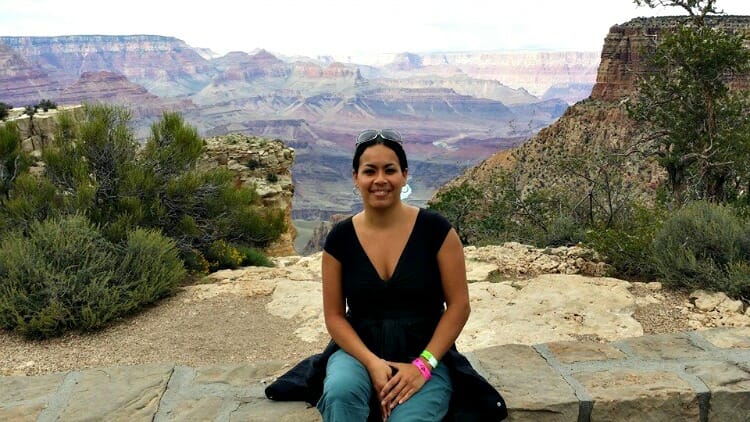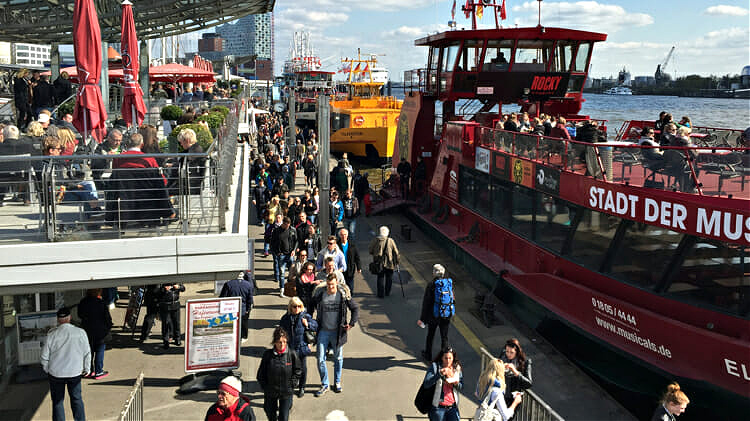
Safety is a big issue when you travel solo. And while there are many specific and ingenious tips to follow (see the end of this post for links) it's most important to understand the fundamentals of solo travel safety.
Make these fundamental principles your modus operandi and, with the exception of the occasional recoverable mishap, all should be well.
Some travelers are anxious about solo travel and want to dig deep into everything that could possibly help ensure their safety. Others have great faith that people are good and that travel is essentially safe.
It is primarily for this latter group, of which I tend to be one, that this post is written.
One can't operate on faith in humanity alone. A wise approach to everyday travel situations is important.

Five Fundamentals to Keep You Safe As You Travel Solo
I have a hierarchy of concerns when it comes to solo travel safety. They are:
- Your person
- Your documents
- Your money
- Your stuff
The fundamentals of solo travel safety are less about money and stuff (lower on the heirarchy of safety) and more about keeping you and your documents safe.
- Public is safer than private. This is my number one rule. I stay in busy, public places. Out of my regular routine and in a different culture it can be hard to read situations and people well. Regardless of how comfortable I am with new acquaintances, I rarely leave a public place with them. I strategize to avoid this so that I don’t insult them with my caution. For example, I may discreetly call a cab before anyone can offer me a ride, as I did in a Blues Bar in Jackson, Mississippi. I also remember that a cab is not public if shared with a stranger.
- Be proactive rather than reactive. One of the things I like best about solo travel is that it is social. I meet people all the time and I do so by taking the first step. I think that it is more likely that an inappropriate person will choose me than I will choose them. For this reason, I’m proactive in my choices. I choose whom I talk to, where I go, and where I sit. If I need to ask for directions, my first choice is to approach a family and then perhaps a couple. I also don't assume that women are safe. I still connect with lots of people but I’m less likely to be put in the position of reactively trying to get myself out of a situation when I have made the initial choice.
- Engage other people in your safety. When I go out at night, I chat with a server for a bit so they are aware that I’m alone. They’ll watch out for me and move unwanted attention away. If I’m walking to a destination but no longer sure of my safety, I’ll stop and ask directions even if I know the way. People will redirect me if I'm headed into an unsafe area. Whenever possible, I subtly engage others in my safety whether I'm feeling unsafe at that moment or not.
- Never be rushed into a decision. Whether you're at home or traveling, being rushed into a decision is one of the easiest ways to be conned or ripped off. It's a common strategy of people who want to take you for more than they should. It usually starts with introducing new, credible, but inaccurate information that requires you to make a decision quickly. If they won't give you the time to properly consider their offer, reject it. Get yourself to a safe place where you can take your time to decide what you want to do.
- Be rude if necessary. I’m usually polite and congenial with everyone I meet. It's how I was raised and it makes for a happier life. However, when it comes to safety, if polite doesn’t work, I allow myself to be rude – especially when I travel alone. Regardless of whether it may hurt someone’s feelings or disturb other people, if I have to, I will be rude to ensure my safety. I'll be loud or brush someone off curtly. It doesn't come up often but it has a couple of times.
If you want to dig deeper into the specifics of solo travel safety, here are more posts for you.
